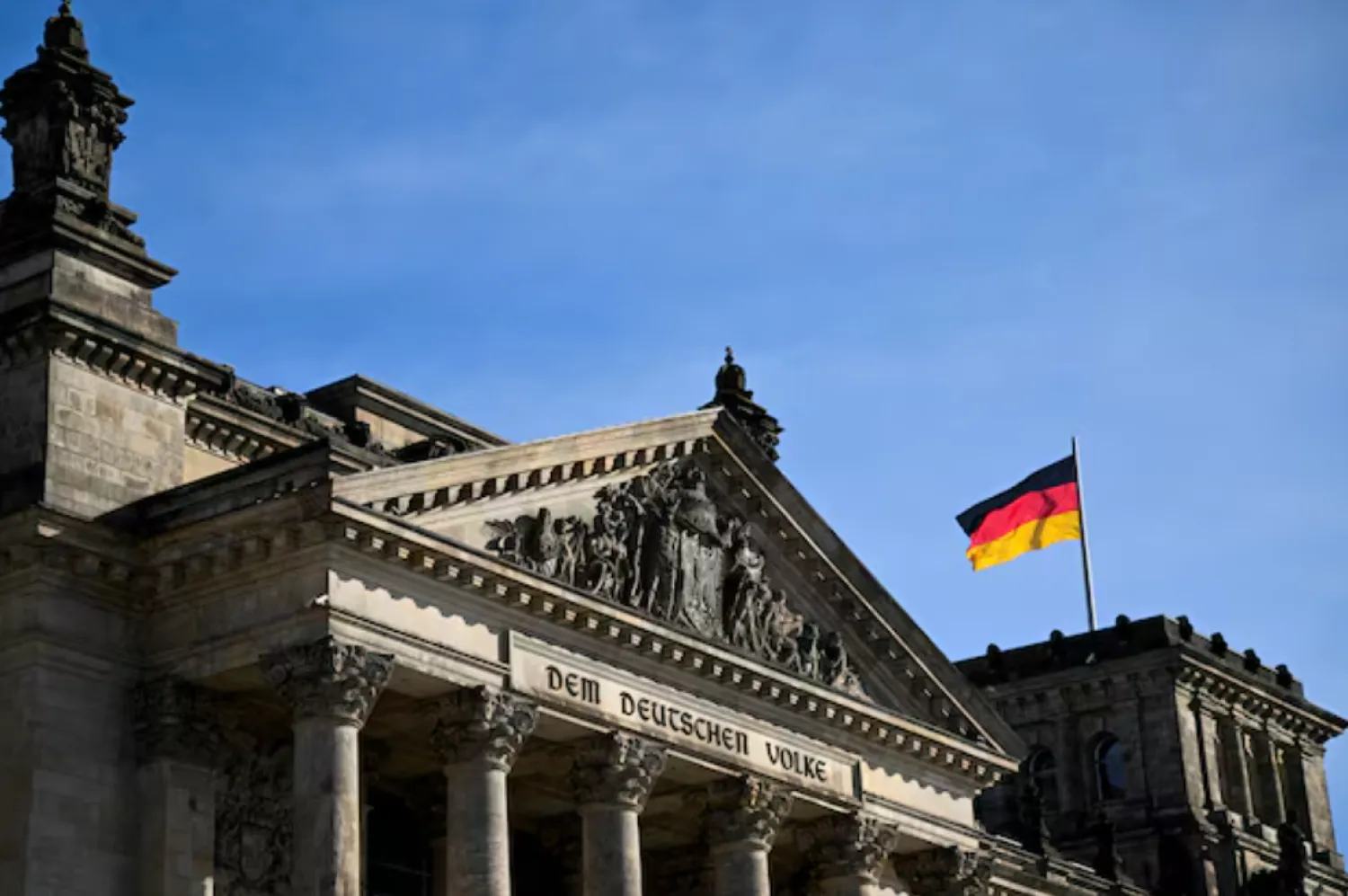US Vice President Mike Pence declared before the Israeli Knesset on Monday that Washington will never allow Iran to possess nuclear weapons, while also promising that his country's embassy will move to Jerusalem by the end of next year.
"I have a solemn promise to Israel, to all the Middle East and to the world -- the United States of America will never allow Iran to acquire a nuclear weapon," Pence said.
"The Iran nuclear deal is a disaster and the United States of America will no longer certify this ill-conceived agreement," he added.
"Unless the Iran nuclear deal is fixed President Donald Trump has said the United States will withdraw from the Iran nuclear deal immediately."
The 2015 deal that was meant to curb Iran's nuclear capabilities and backed by then US president Barack Obama.
His successor Trump has fiercely criticized the agreement, accusing Tehran of not sticking to it and saying it still allows the Iran to support terrorist organizations across the globe.
Earlier this month Trump again waived nuclear-related sanctions -- as required every few months to stay in the agreement -- but demanded European partners work with Washington to improve the terms of the deal.
Addressing Washington’s move of its embassy in Israel Jerusalem, Pence said that it will take place by the end of 2019.
“In the weeks ahead, our administration will advance its plan to open the United States Embassy in Jerusalem – and that United States Embassy will open before the end of next year,” he continued.
“Jerusalem is Israel’s capital – and, as such, President Trump has directed the State Department to immediately begin preparations to move the United States Embassy from Tel Aviv to Jerusalem.”









